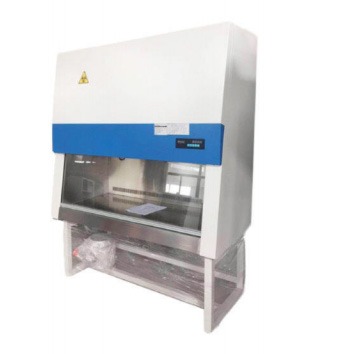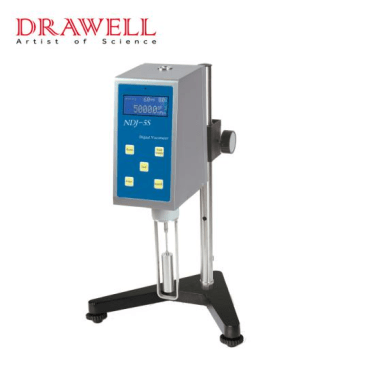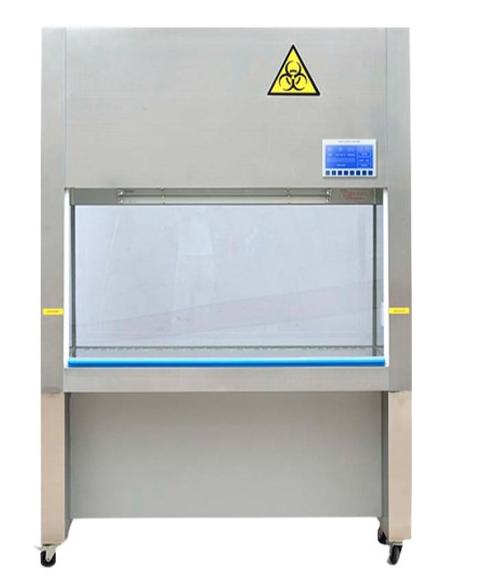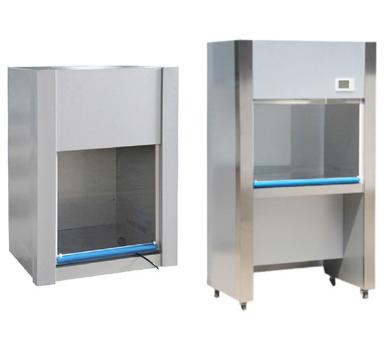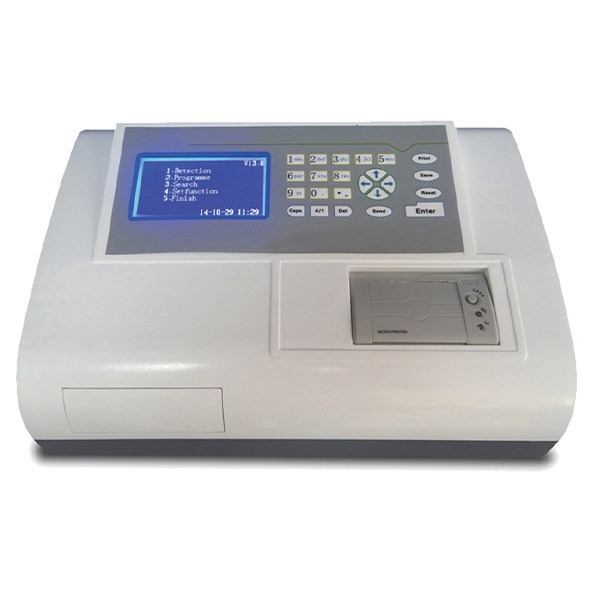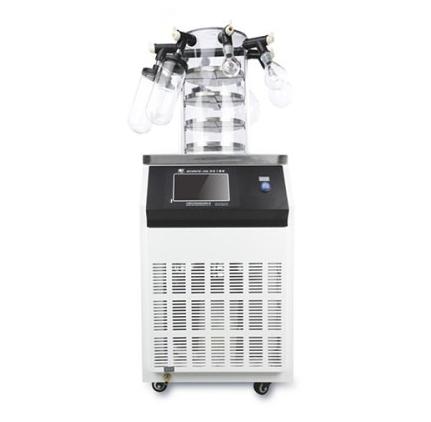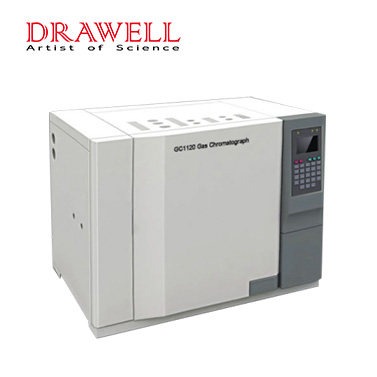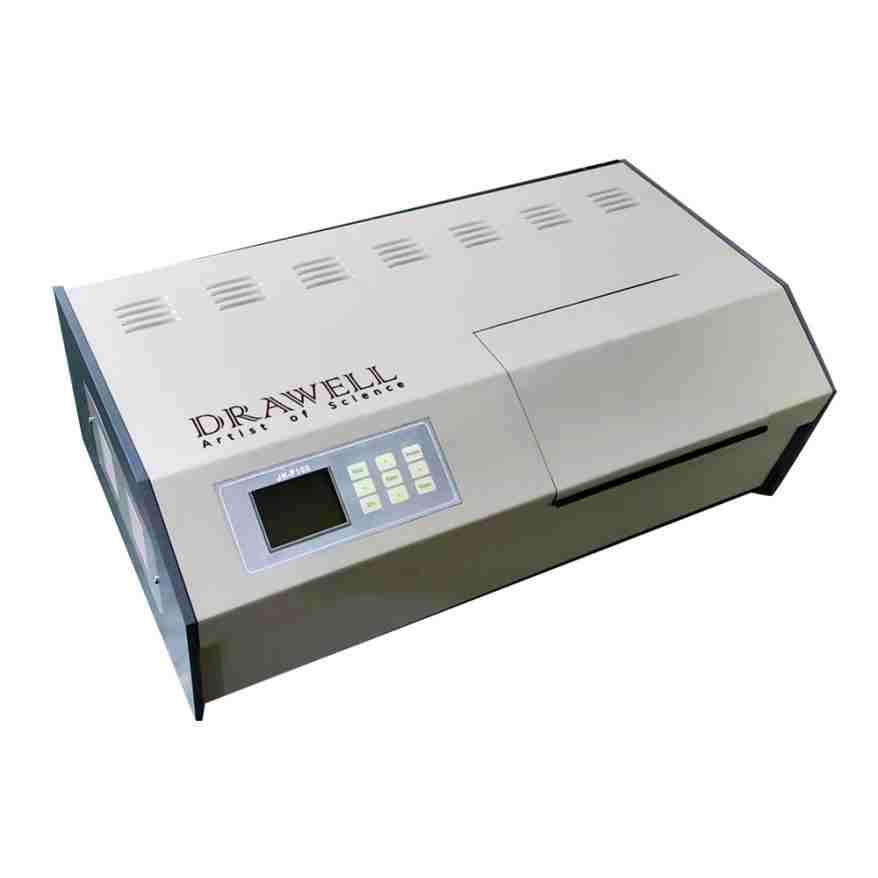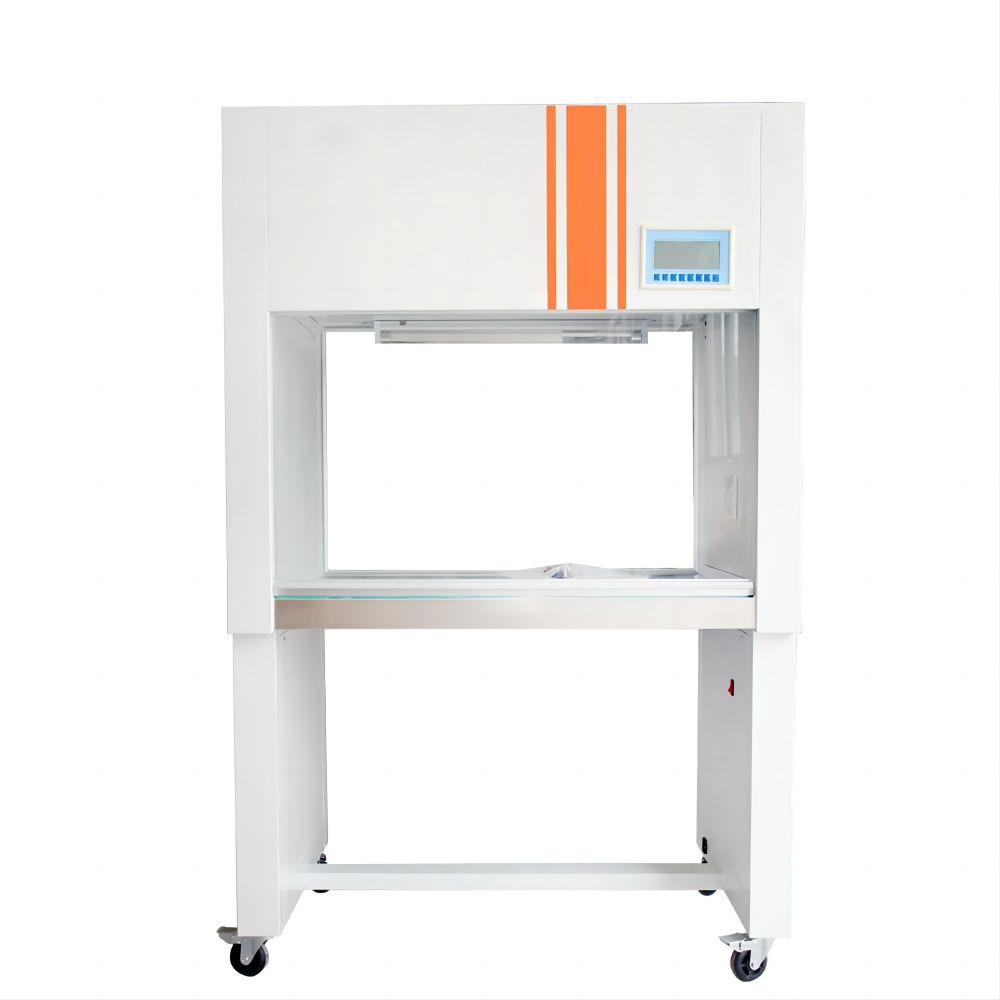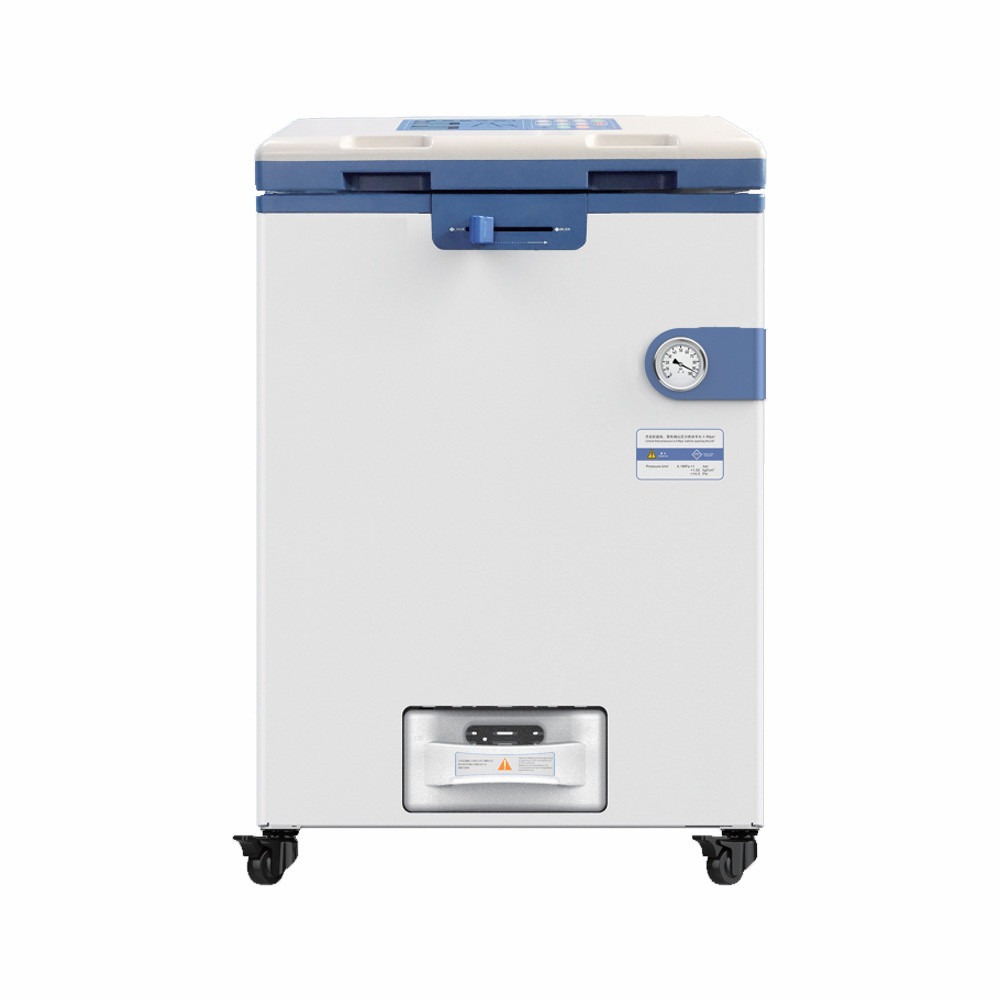News
Exploring the Different Types of Biosafety Cabinets: Distinctive Features and Choosing the Right Type
Biosafety cabinets are essential for ensuring a safe and controlled environment in laboratories when handling hazardous materials. These cabinets are intended to protect both laboratory personnel and the environment from potential biological agent exposure. There are various types of biosafety cabinets, each with its own set of features and applications. In this article, we focus on…
Exploring Digital Viscometers: Types and Selection Guide for Specific Applications
In the realm of fluid dynamics and material science, understanding viscosity is crucial for various industries such as pharmaceuticals, food processing, and manufacturing. Measuring viscosity accurately is where digital viscometers come into play. These instruments offer precise and efficient solutions for determining the flow properties of liquids. In this article, we will delve into the types…
Biosafety Cabinets: Essential Tools for Protecting Human Health and the Environment
In the realm of scientific research and clinical settings, the protection of human health and the environment is paramount. Biosafety cabinets (BSCs) stand as a cornerstone of this endeavor, providing a crucial barrier against the spread of infectious agents. This article delves into the world of BSCs, elucidating their types, purposes, and applications. What are Biosafety…
Biosafety Cabinets: Essential Tools for Protecting Human Health and the Environment
In the realm of scientific research and clinical settings, the protection of human health and the environment is paramount. Biosafety cabinets (BSCs) stand as a cornerstone of this endeavor, providing a crucial barrier against the spread of infectious agents. This article will delve into the world of BSCs, elucidating their types, purposes, and applications. What are…
How to Use an Elisa Reader for Accurate and Efficient Results
Enzyme-Linked Immunosorbent Assay (ELISA) is a powerful tool in the realm of life sciences, enabling researchers to detect and quantify various substances, such as proteins, antibodies, and hormones. To extract the full potential of this technique, incorporating an ELISA reader into your workflow is crucial. In this guide, we will delve into the intricacies of utilizing…
Cool Tech, Hot Results: Lyophilizers Transforming Pharma Manufacturing
In the dynamic landscape of pharmaceutical manufacturing, innovation is not merely a buzzword; it’s a lifeline. As the industry strives to meet the increasing demands for stability, efficiency, and quality in drug production, one technology has emerged as a game-changer: lyophilizers. These sophisticated freeze-drying machines are revolutionizing the way pharmaceuticals are manufactured, offering a unique…
The Pivotal Role of Gas Chromatography in Forensic Science: Investigation and Resolution of Criminal Cases
To analyze evidence, forensic science employs a wide range of analytical techniques. Gas chromatography (GC) is a powerful tool in the arsenal of forensic scientists, allowing for the separation and identification of complex mixtures found at crime scenes. In this article, we explore the applications and significance of gas chromatography in forensic science, delving into its…
Exploring the Wide Practical Uses of a Polarimeter: Ensuring Precision in a Variety of Industries
Polarimetry, a technique that analyzes the rotation of polarized light, is widely used in a variety of industries, including chemistry, pharmaceuticals, and food and beverage. Polarimeters are useful for determining optically active substance concentration, purity, and specific rotation. In this article, we discuss the topic of polarimeter use, exploring the practical use of a polarimeter…
Exploring the Types of Laminar Flow Cabinets: What are Common Types and How to Choose the Right Type
Laminar flow cabinets are essential in laboratories and cleanrooms for maintaining a sterile and controlled environment. They are intended to provide a continuous flow of filtered air, reducing the risk of contamination during critical procedures. Pharmaceutical, biotechnology, electronics, and healthcare industries all use laminar flow cabinets. In this article, we discuss the topic of types of…
A Deep Dive into Fully Automatic Vertical Autoclaves: Innovative Sterilization Solutions
Sterilization is a critical aspect of various industries, from healthcare to research laboratories, necessitating advanced and efficient solutions. Among the cutting-edge technologies transforming sterilization processes, fully automatic vertical autoclaves have emerged as pioneers in ensuring not just effectiveness but also streamlined operation. This article delves into the innovative world of fully automatic vertical autoclaves, exploring their…


